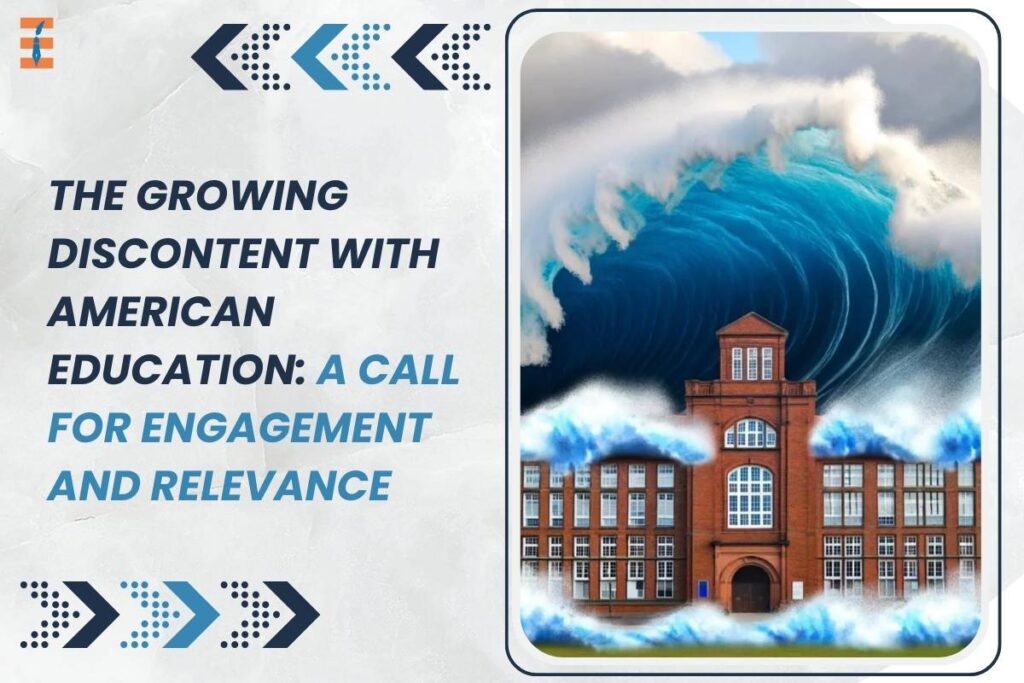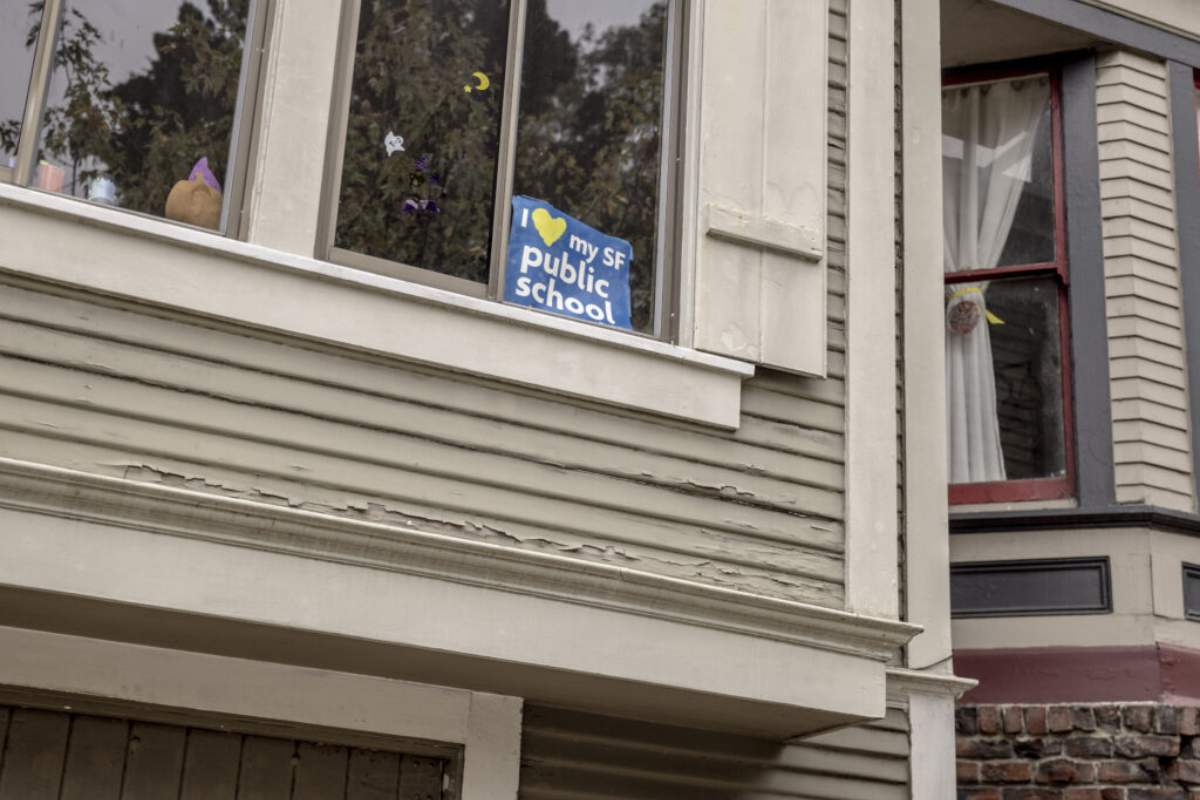In the vast landscape of American education, a palpable discontent is gaining momentum, akin to a swelling wave. This dissatisfaction is not merely confined to conversations but is reverberating through troubling statistics and observable trends, reflecting a decline in public perception, enrollment, and attendance. The narrative is changing as students are not only expressing their discontent with education but also demonstrating it through tangible actions.
Enrollment in U.S. colleges and universities, which reached its zenith in 2010, has been on a consistent decline. Additionally, more than a quarter of K-12 students are now chronically absent, painting a disconcerting picture of American Education. Multiple factors contribute to this decline, encompassing mental health issues, the aftermath of a pandemic, technological disruptions, and a series of policy missteps. However, beneath these layers lies the hardest truth to confront – education, for far too many students, lacks excitement, engagement, and relevance.
A Call for Relevance and Excitement in Learning
It might sound stark, but descriptors like ‘exciting,’ ‘engaging,’ and ‘relevant’ seldom find a place in conversations about American education. When students, parents, or employers are asked for their opinions, responses often include terms like ‘boring,’ ‘outdated,’ and ‘disconnected from the real world.’ Shockingly, only 26% of U.S. adults with higher education experience strongly agree that their coursework is relevant to their professional and daily lives. Similarly, a mere 13% of K-12 students give their schools an “A” grade for “making them excited about learning.”
The consequence of this lack of excitement and relevance is not just dwindling attendance but also a workforce mismatch. With nearly 10 million open jobs in the U.S. and only 11% of business leaders strongly believing that graduates are well-prepared for work, an education discontent crisis looms large.
While the focus in the last three decades has been on improving standardized test scores, progress in this regard has been virtually nonexistent. Initiatives like ‘Common Core,’ intended to enhance schools, faced repeal and backlash, yielding no measurable results. The emphasis on ‘academic standards’ has coincided with a decline in students’ real-world work experience, with less than a third of graduates at the higher education level completing work-integrated learning experiences.
Crafting a Relevant and Engaging System for Tomorrow’s Challenges
The central challenge lies in making American Education more engaging and relevant in a world dominated by immersive and addictive content found in modern media, video games, and platforms like TikTok and YouTube shorts. The speed of technological and social change further compounds this challenge.
Addressing this discontent requires a fundamental shift in educational goals. The focus should be on making education more engaging and relevant, an aspect that has been overlooked in policy reforms over the past half-century. Emphasizing the art and science of teaching and learning, along with integrating learning and work, can serve as a starting point. Establishing national measures for student engagement, exposure to experiential education, and work-integrated learning is essential.
In navigating the complex landscape of American Education, acknowledging the need for change is the first step toward crafting a system that not only meets the needs of students today but also prepares them for the challenges and opportunities of tomorrow.










